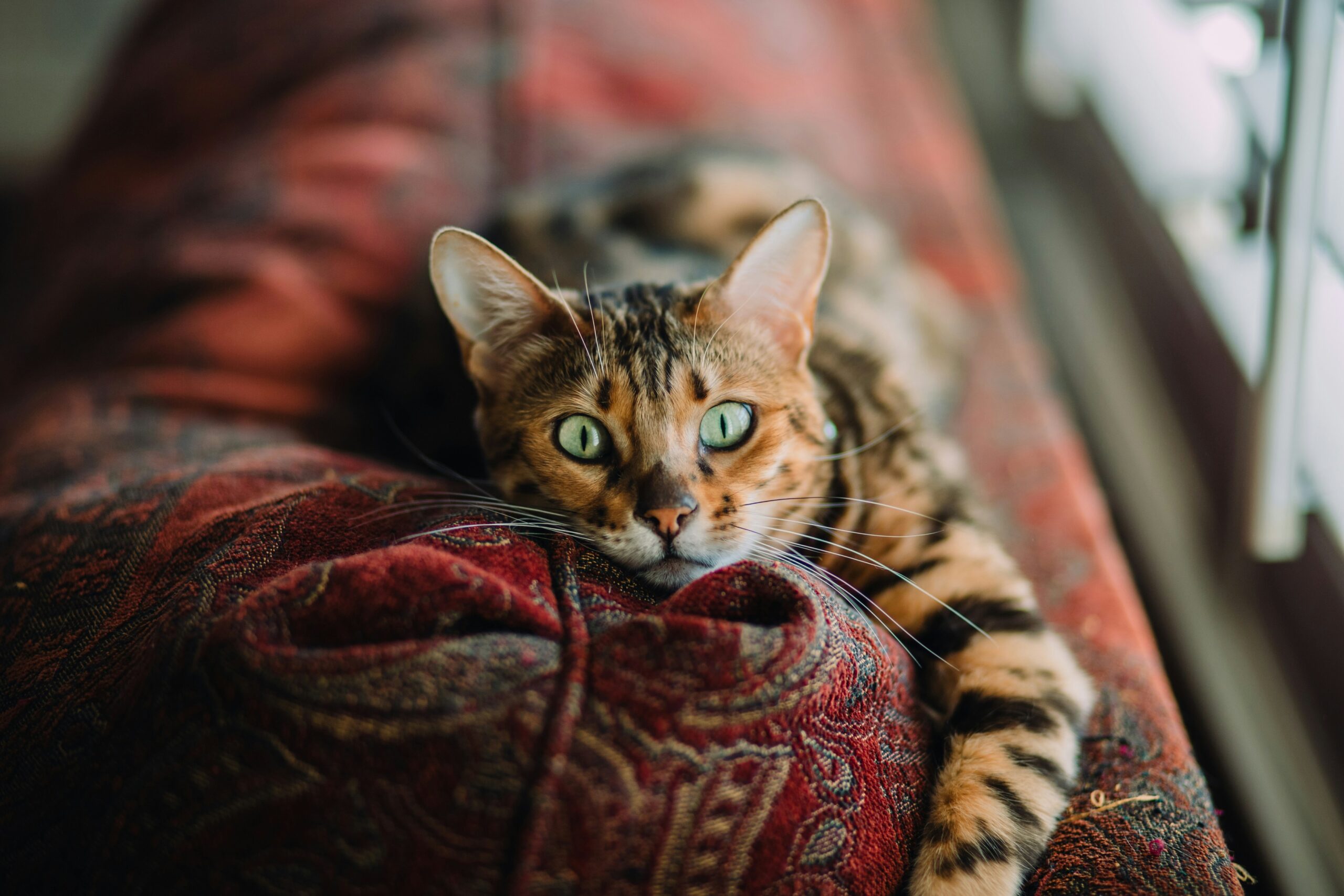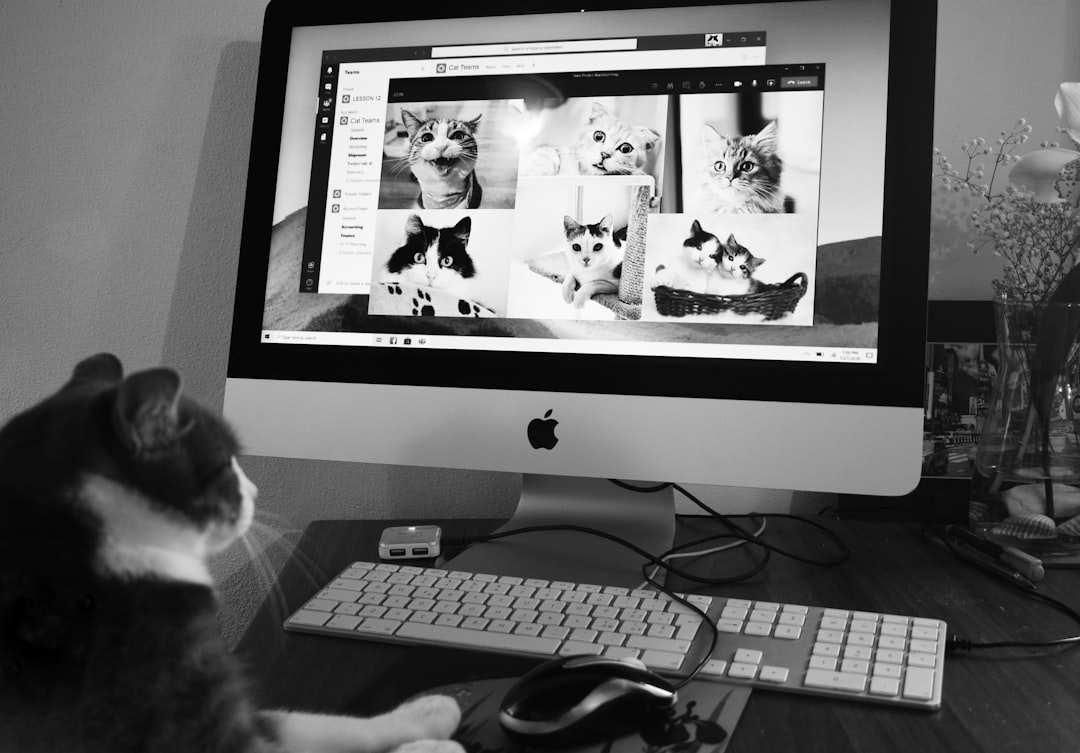As a new kitten owner, understanding kitten health is crucial for ensuring your furry friend’s wellbeing. Kittens are susceptible to various health issues, and recognizing the signs of a healthy kitten can make a significant difference. By being aware of illness symptoms, maintaining a proper diet, and scheduling regular veterinary check-ups, you can promote optimal growth and longevity. Additionally, knowing how to create a safe environment and establishing a grooming routine will further enhance your kitten’s overall health. Join us as we explore essential tips for nurturing your kitten’s wellness!
Common Health Issues in Kittens
Understanding kitten health is crucial for any new pet owner. Kittens are susceptible to various health issues that can impact their growth and overall well-being. Here are some common health issues to watch out for:
Upper Respiratory Infections
Symptoms include sneezing, coughing, and watery eyes. These infections can spread quickly among kittens.Parasites
Internal (worms) and external (fleas, ticks) parasites can lead to serious health concerns. Regular deworming and flea prevention are essential.Feline Panleukopenia
This viral disease affects the immune system and can be fatal. Vaccination plays a key role in preventing this illness.Dental Issues
Kittens can develop gum disease and tooth decay. Start dental care early to promote good kitten health.Diarrhea and Vomiting
These symptoms may indicate dietary indiscretion or more severe conditions, such as infections or parasites.
Being proactive about kitten health can help you provide a thriving, healthy environment for your furry friend. Regular vet visits and vaccinations will ensure they have the best start in life.
Signs of a Healthy Kitten
Ensuring optimal kitten health involves recognizing the signs of a thriving feline. Here are key indicators that your kitten is in good condition:
- Bright Eyes: A healthy kitten has clear, bright eyes without discharge or cloudiness.
- Shiny Coat: A glossy, soft coat signals proper nutrition and overall wellness.
- Active Behavior: Playfulness and curiosity indicate good physical health.
- Normal Appetite: Consistent eating habits, with eagerness at mealtime, reflect solid growth and energy levels.
- Hydration: A healthy kitten stays hydrated; be sure it drinks water regularly.
- Stable Weight: Monitor weight gain during the first few months—consistent growth is crucial.
| Indicator | Healthy Kitten | Unhealthy Kitten |
|---|---|---|
| Eyes | Bright and clear | Dull, watery |
| Coat | Shiny and smooth | Rough or patchy |
| Energy Level | Playful and active | Lethargic or withdrawn |
| Eating Habits | Regular and eager | Decreased appetite |
By keeping an eye on these signs, you’ll be able to ensure your kitten’s health remains on track while enjoying its playful, curious nature!
Recognizing Illness Symptoms
Understanding kitten health is crucial for ensuring your furry friend thrives. Recognizing illness symptoms early can make a significant difference in treatment and recovery. Here are key signs to watch for:
- Lethargy: If your kitten becomes unusually inactive, it may indicate an underlying issue.
- Loss of Appetite: A sudden change in eating habits can signal health problems.
- Vomiting or Diarrhea: Frequent digestive issues suggest that a visit to the vet is necessary.
- Coughing or Sneezing: Respiratory symptoms can point to infections or allergies.
- Fever: A temperature above 102.5°F indicates that something isn’t right.
Quick Comparison of Common Symptoms
| Symptom | Potential Issues |
|---|---|
| Lethargy | Infections, anemia |
| Loss of Appetite | Dental issues, digestive problems |
| Vomiting/Diarrhea | Parasites, dietary intolerance |
| Coughing/Sneezing | Respiratory infections, allergies |
| Fever | Infection, inflammation |
Monitoring these signs helps maintain your kitten’s health. If you observe any of these symptoms, consult with your veterinarian promptly to ensure your kitten’s well-being. Remember, proactive care is essential for a happy, healthy kitten.
Importance of Regular Vet Check-Ups
Regular vet check-ups play a crucial role in ensuring optimal kitten health. By scheduling these visits, you help facilitate:
- Early Detection of Illness: Routine examinations allow veterinarians to identify potential health issues before they become serious.
- Vaccination Updates: Kittens need a series of vaccinations to protect against diseases. Your vet will provide a vaccination schedule tailored to your kitten’s needs.
- Growth Monitoring: Regular visits allow the vet to track your kitten’s growth and development, ensuring they are progressing as they should.
- Preventative Care: Vet check-ups enable you to discuss preventative measures, such as flea control and deworming, which are essential for your kitten’s health.
Comparison of Check-Up Frequency
| Age of Kitten | Recommended Frequency of Vet Visits |
|---|---|
| 6-8 weeks | First visit + vaccinations |
| 3-4 months | Every 3 weeks for vaccines |
| 6 months and older | At least once a year |
In summary, regular vet check-ups are vital for monitoring your kitten’s overall health. They prevent potential health problems, ensuring a happy and thriving little companion. Remember, a healthy kitten leads to a healthy adult cat!
Vaccination Essentials for Kittens
Ensuring optimal kitten health starts with proper vaccinations. Vaccinations protect your kitten from various diseases that can be serious or even fatal. Here’s what you need to know:
Core Vaccinations: These are essential for every kitten and include:
- Feline Herpesvirus: Prevents severe respiratory issues.
- Calicivirus: Protects against oral and respiratory infections.
- Panleukopenia: Shields against a highly contagious virus.
- Rabies: Crucial for public health and required by law.
Non-Core Vaccinations: Depending on your kitten’s lifestyle, consider these additional vaccines:
- Feline Leukemia Virus (FeLV): Recommended for outdoor cats.
- Feline Immunodeficiency Virus (FIV): Important if your kitten will interact with other cats.
Vaccination schedules typically start around 6 to 8 weeks of age, followed by booster shots every three to four weeks until the kitten is about 16 weeks old. Regular consultations with your veterinarian will ensure your kitten remains on track for a healthy, happy life.
Overall, vaccinations form a vital part of maintaining your kitten’s health and well-being. Don’t hesitate to discuss your kitten’s vaccination needs with your vet!
Nutrition and Diet for Optimal Growth
Ensuring proper nutrition plays a vital role in maintaining kitten health. A balanced diet not only supports growth but also aids in developing strong immune systems. Here are key components to consider:
High-Quality Protein: Kittens require proteins for muscle development. Look for diets with chicken, turkey, or fish as primary ingredients.
Essential Fatty Acids: Omega-3 and Omega-6 contribute to healthy fur and skin. Incorporate foods rich in these fats, like fish oil.
Vitamins and Minerals: Vital for overall health, vitamins A, D, E, and calcium must be included in their meals.
Hydration: Ensure your kitten has access to fresh, clean water. Proper hydration supports digestion and kidney function.
Comparison of Diet Types
| Type | Pros | Cons |
|---|---|---|
| Dry Food | Convenient, promotes dental health | May lack moisture |
| Wet Food | Higher in moisture, palatable | Shorter shelf-life |
| Raw Diet | Natural, high in protein | Risk of bacterial contamination |
In summary, focusing on quality nutrition is essential for optimal kitten health. Pair these dietary components with regular vet check-ups to ensure your kitten thrives.
Preventative Care Routines
Maintaining kitten health requires consistent preventative care routines. These practices help identify potential health issues early, ensuring your kitten grows strong and healthy. Here’s what to prioritize:
Regular Veterinary Visits: Schedule check-ups every 6 to 12 months. Your vet will provide vaccines, check for parasites, and assess overall health.
Vaccinations: Keep your kitten’s vaccinations up-to-date. Essential vaccines include:
- Feline Panleukopenia (Distemper)
- Rhinotracheitis
- Feline Calicivirus
- Rabies
Parasite Control: Use preventive treatments for fleas, ticks, and worms. Discuss with your vet the best options for your kitten’s age and weight.
Dental Care: Start brushing your kitten’s teeth early. This promotes oral health and prevents dental disease, contributing to overall kitten health.
Nutrition: Provide a balanced diet suitable for your kitten’s stage of growth. High-quality kitten food supports optimal development.
By following these preventative care routines, you enhance your kitten’s health and increase their chances of a long, happy life. Remember, prevention is always better than cure!
Understanding Kitten Behavior and Health
Understanding kitten behavior is crucial for maintaining their overall health and wellness. Behavioral cues often indicate their physical and mental state. Here are key aspects to consider:
- Playfulness: A well-adjusted kitten shows curiosity and engages in play, which stimulates their mind and body.
- Socialization: Kittens typically thrive on interaction. Their comfort around humans and other pets is a positive sign of good kitten health.
- Vocalization: Excessive meowing can signal distress or health issues, while normal purring often suggests comfort and contentment.
Common Behavioral Signs of Health Issues:
| Behavior | Healthy Indicator | Possible Health Concern |
|---|---|---|
| Happy meowing | Normal communication | Anxiety or discomfort |
| Active play | High energy and health | Signs of lethargy or weakness |
| Grooming | Good hygiene | Over-grooming may indicate stress |
By observing these behaviors, you can make informed decisions that impact your kitten’s health. Always consult a vet for any concerning changes in behavior, as early detection is key to ensuring optimal kitten health.
Grooming Tips for Kitten Wellness
Grooming plays a crucial role in maintaining overall kitten health. Regular grooming not only enhances their appearance but also promotes hygiene and comfort. Here are some essential grooming tips:
Brush Their Fur:
- Short-haired kittens need brushing at least once a week.
- Long-haired kittens require daily brushing to prevent matting.
Check Their Ears:
- Inspect for wax buildup or debris. Clean with a damp cloth if necessary.
Trim Their Nails:
- Trim nails every 2-3 weeks to prevent overgrowth and injury.
Bathe When Necessary:
- Most kittens don’t require frequent baths. Bathe only if they get particularly dirty or develop skin issues.
Dental Care:
- Introduce a kitten-friendly toothbrush and toothpaste early to establish a dental routine.
By following these grooming practices, you’ll not only improve your kitten’s appearance but also contribute to their overall kitten health and well-being. Remember, a well-groomed kitten is a happy kitten!
Creating a Safe Environment for Kittens
Ensuring your kitten’s safety is crucial for maintaining optimal kitten health. A secure environment not only prevents accidents but also promotes a healthy and active lifestyle. Here are some key tips for creating a safe space for your furry friend:
Hazard Removal:
- Keep small objects, such as rubber bands and coins, out of reach.
- Store toxic plants, chemicals, and medications securely.
Safe Spaces:
- Create cozy hiding spots using blankets or cat towers.
- Designate a specific play area where the kitten can explore without hazards.
Proper Equipment:
- Use a litter box that’s easy to access and clean.
- Invest in scratching posts to promote healthy clawing behavior.
Supervised Exploration:
- Allow supervised outdoor time when the weather permits.
- Introduce new areas slowly to minimize anxiety.
By following these guidelines, you foster an environment that supports not only immediate safety but also long-term kitten health and well-being. A safe kitten is a happy kitten, ready to thrive in its new home!



